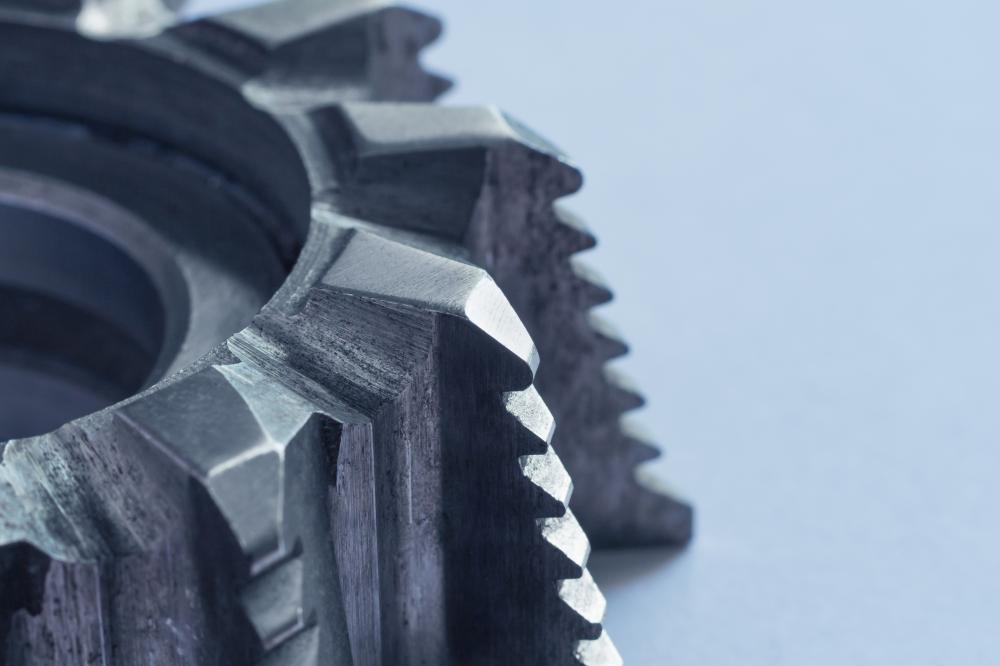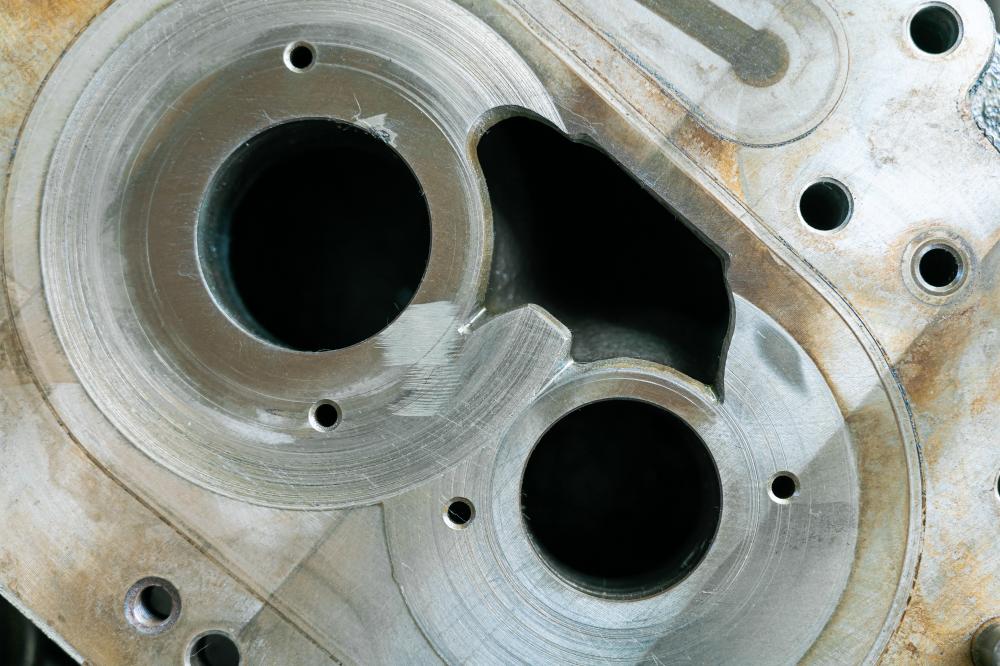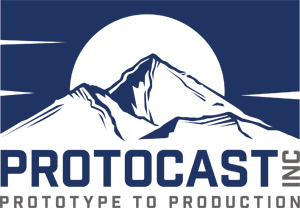October 15, 2024 | Protocast Inc
Permanent Mold Casting California

Permanent Mold Casting: An Overview
At Protocast Inc., we elevate the traditional casting process to new heights, offering a myriad of sophisticated methods tailored to meet the bespoke needs of Global OEMs. Among these, permanent mold casting stands out for its efficiency, durability, and the impeccable quality of the final product. This method, also known as gravity casting, utilizes reusable molds made of steel or cast iron, ensuring an eco-friendly approach with reduced waste.
The Advantages of Permanent Mold Casting
One of the key benefits of permanent mold casting is its ability to produce parts with superior surface finishes and dimensional accuracy. This precision is paramount in industries where even the smallest deviation can lead to significant operational issues, such as aerospace and automotive. Additionally, the reusability of the molds caters to high production rates while minimizing the environmental impact.
Another advantage lies in the automation potential of the process. With advancements in technology, we have been able to automate several steps in the casting process, reducing labor costs and enhancing consistency across batches. This not only translates to better economies of scale but also ensures that each piece meets our stringent quality standards.
Challenges in Permanent Mold Casting
While permanent mold casting holds many advantages, it also presents unique challenges. The initial cost of creating the metal molds can be higher compared to other casting methods. This upfront investment is often justified by the molds’ longevity and the cost savings realized over time, especially for large production runs.
Another challenge is the limitation in the choice of materials. Primarily, non-ferrous metals are used in permanent mold casting due to their lower melting points. However, at Protocast Inc., we’ve innovated around this constraint by developing specialized graphite molds that can withstand higher temperatures, thus expanding the range of materials we can work with.
Applications of Permanent Mold Casting
Our expertise in permanent mold casting has found applications in a diverse array of industries. In the automotive sector, for example, we produce parts like gears and engine pistons that demand high precision and durability. Similarly, in the aerospace industry, the need for lightweight yet strong components has led to the adoption of permanent mold casting for various aircraft parts.
The versatility of permanent mold casting also extends to consumer products, agricultural equipment, and medical devices, illustrating its wide-ranging utility. Our team at Protocast Inc. collaborates closely with clients to determine the most appropriate casting method for their unique requirements, ensuring optimal performance and cost-efficiency.
Quality Assurance in Permanent Mold Casting
As an ISO 9001:2015 certified and Itar Registered foundry, Protocast Inc. is dedicated to upholding the highest standards in every project. Our meticulous approach to quality assurance encompasses rigorous testing and inspection at every stage of the casting process. From the initial mold design to the final inspection of the cast part, our team ensures that each component reflects our commitment to excellence.
In addition, our focus on lean manufacturing principles helps us minimize waste and improve efficiency, further enhancing the quality and value of the finished products. This dedication to quality and efficiency is what sets Protocast Inc. apart and has established us as a trusted partner for OEMs across various industries.
Innovations in Permanent Mold Casting
At Protocast Inc., we’re constantly exploring new technologies and methodologies to refine our casting processes. One such innovation is the integration of 3D printing technologies for mold making. This approach allows for rapid prototyping, enabling our clients to test and refine their designs more efficiently than ever before.
This innovative mindset extends to our efforts in sustainability as well. By optimizing our permanent mold casting process, we aim to reduce energy consumption and emissions, contributing to a healthier planet. Our ongoing research into alternative materials and techniques also opens up new possibilities for sustainable manufacturing practices.
Why Partner with Protocast Inc. for Your Permanent Mold Casting Needs?
Choosing Protocast Inc. as your casting partner means opting for a blend of tradition and innovation. Our deep-rooted expertise in permanent mold casting, combined with a forward-thinking approach, enables us to deliver top-quality results for complex and demanding projects. Whether it’s a prototype or large-scale production, our team approaches each venture with unmatched dedication and craftsmanship.
Moreover, our client-centric approach ensures a collaborative partnership throughout the project lifecycle. We understand that every project has its unique challenges and opportunities, and we are committed to providing tailored solutions that meet your specific needs.
So, if you’re in search of a casting partner that stands “A Mile Above Other Foundries,” look no further than Protocast Inc. Contact us today to discover how we can bring your vision to life with precision, integrity, and innovation.

What are the disadvantages of permanent mold casting?
While permanent mold casting delivers impeccable precision and quality, it’s important to acknowledge the challenges it presents. One of the primary drawbacks involves the initial investment in mold creation. These molds, typically made from steel or cast iron, command a higher upfront cost due to their durability and the complexity of their design. This factor often makes the method less viable for small-scale productions or projects where cost-effectiveness is paramount.
Additionally, the very nature of permanent molds limits the variety of shapes achievable, especially when compared to more adaptable methods like sand casting. Complex geometries can be trickier to manage, potentially leading to higher costs or longer lead times for intricate designs. Moreover, the choice of materials suitable for permanent mold casting is mainly restricted to metals with lower melting points, which could limit its application in certain scenarios that require the properties of higher melting point metals.
Have you encountered a project that seemed unsuitable for permanent mold casting due to these constraints? Rethinking the design or material choice can sometimes open new avenues.
Is permanent mold casting better than sand casting?
“Better” is somewhat subjective and heavily depends on the requirements of your specific project. Permanent mold casting shines in high-volume production runs where uniform quality and precision are critical. It’s renowned for producing stronger parts with superior surface finishes and tighter dimensional tolerances compared to sand casting. This makes it an excellent option for applications requiring durability and aesthetic appeal, such as in the automotive or aerospace sectors.
On the other hand, sand casting offers unparalleled flexibility in terms of mold and material adaptability. It’s an ideal choice for intricate designs or when utilizing metals with higher melting temperatures. Sand casting can also be more cost-effective for small batches or prototypes, where the high initial costs of permanent mold casting can’t be justified.
Deciding between the two methods hinges on balancing factors like production volume, precision requirements, budget constraints, and the complexity of the parts being produced. What does your project demand?
What are the advantages of permanent mold casting?
The benefits of permanent mold casting are significant and diverse. Firstly, the use of reusable molds offers a more environmentally friendly approach by minimizing waste. This efficiency makes it particularly attractive to industries aiming to reduce their ecological footprint without compromising on quality or performance.
Another standout advantage is the ability to achieve precise dimensional accuracy and smoother surfaces directly from the mold, which can reduce the need for additional finishing processes. These qualities are invaluable in sectors where components must adhere to rigorous specifications, such as aerospace and automotive manufacturing.
Moreover, the repeatability and consistency afforded by permanent mold casting mean that once the initial investment is made, it can support high-volume production runs with minimal variance between parts. This consistency is crucial for OEMs that rely on the uniform performance and reliability of their products.
How has the precision of permanent mold casting impacted your projects, or how could it in the future?
What is the difference between die casting and permanent mould casting?
Die casting and permanent mold casting are both capable of producing high-quality metal parts, but they do so in quite different ways, each with its unique strengths. The fundamental difference lies in how the molten metal is introduced into the molds. Die casting utilizes high pressure to force the molten metal into the mold cavities, which allows for the production of parts with very intricate geometries and thinner walls. This method is particularly suited for applications requiring complex shapes and detailed features.
Permanent mold casting, on the other hand, relies on gravity to fill the mold, which generally leads to a denser and more uniform microstructure in the cast parts. While it may not accommodate the same level of complexity as die casting, it often results in superior mechanical properties and surface finish, making it preferable for components where structural integrity and appearance are paramount.
Considering these differences, the choice between die casting and permanent mold casting ultimately depends on the specific requirements of the part to be produced, including its complexity, mechanical properties, and aesthetic considerations. Have you identified which method aligns best with your current project’s needs?
Why Partner with Protocast Inc. for Your Permanent Mold Casting Needs?
Choosing Protocast Inc. as your casting partner means leveraging a wealth of experience and expertise in permanent mold casting. Our deep understanding of the nuances of this process, paired with a commitment to innovation, allows us to tackle even the most challenging projects with confidence. We blend traditional craftsmanship with modern technology to optimize manufacturing processes, ensuring every part meets the highest standards of quality and precision.
Our client-centric approach fosters a collaborative partnership, enabling us to tailor solutions that precisely fit your specifications and requirements. From prototyping to large-scale production, our dedicated team is committed to delivering exceptional results that contribute to the success of your projects. At Protocast Inc., you’re not just finding a foundry; you’re gaining a partner dedicated to bringing your vision to reality. How can we help you exceed your goals with permanent mold casting?
Resources
- American Foundry Society (AFS) – The American Foundry Society provides valuable resources and information on various casting processes, including permanent mold casting.
- ASM International – ASM International is a trusted source for materials information and engineering solutions, offering insights into the materials used in permanent mold casting.
- North American Die Casting Association (NADCA) – NADCA offers industry expertise and information on die casting, which can be a valuable resource for understanding casting processes in general.
- American Society of Mechanical Engineers (ASME) – ASME provides insights into mechanical engineering practices, which can be beneficial in understanding the technical aspects of casting processes.
- American Welding Society (AWS) – The American Welding Society offers information on welding processes, which can be relevant in understanding the fabrication and finishing aspects of cast parts.


